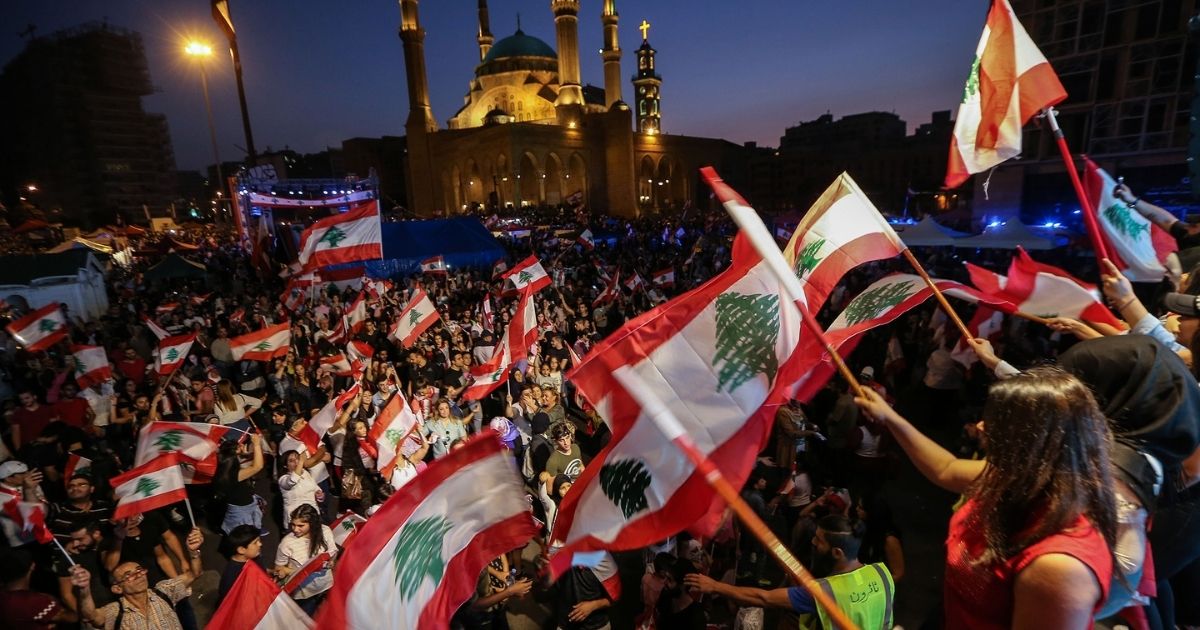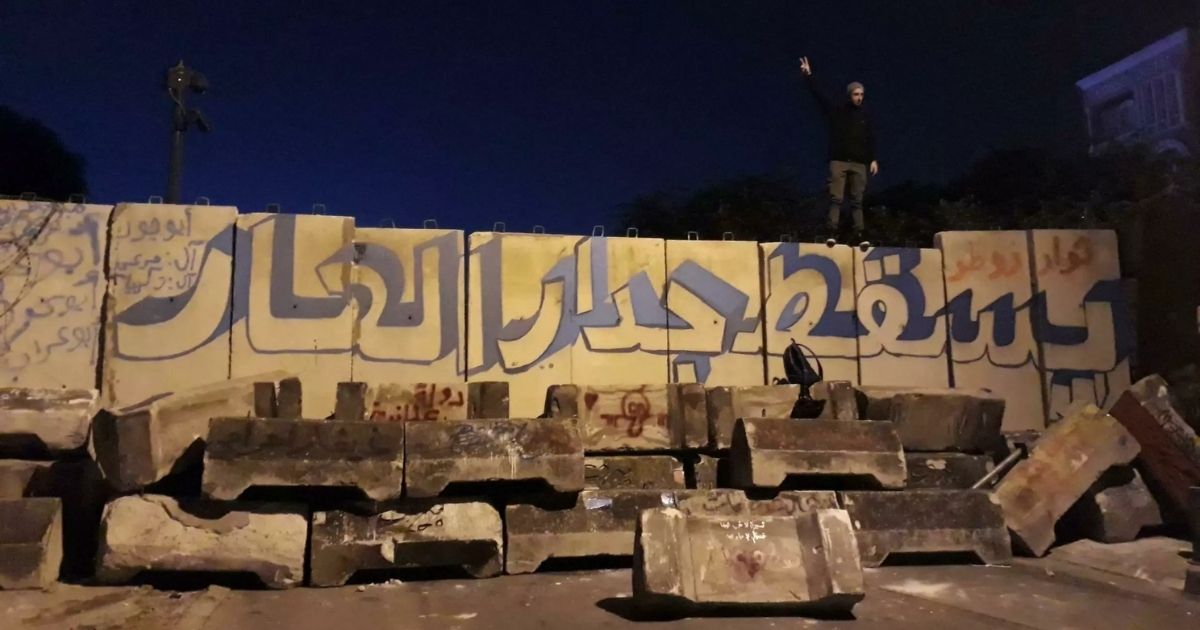August 8th, four days after the Beirut port blast, citizens angrily took to the streets to demand the resignation of their useless government.
Unlike the October Revolution, this protest is not peaceful. People are furious over their “dead” capital and want to eradicate the government as soon as possible.
With over 300,000 people now homeless, over 150 dead, and much more missing, the Lebanese have more reasons to fight the political regime.
The protesters’ determination helped them take over the Ministry of Economy and Trade and the Foreign Ministry buildings on Saturday. And they won’t stop until they take control of all the capital.
The group of protesters who stormed into the Ministry of Energy at night had a different experience than those who raided and took over the previous ministries.
They walked through the empty offices and hallways in shock, and went furious, to see that all the lights and the air conditioning systems were on and running…
The people in Lebanon have been suffering from electricity increased rationing and more so from outages in recent times.
They’ve been living in darkness (literally), locked at home by the imposed lockdown without AC, unable to run their household appliances, their fridges, their washing machines, and so on.
From its side, the government had justified such blockage with the diesel and financial crisis in our country. Yet that large ministry building has been uselessly keeping their electricity on at night; aka 24/7 and also their ACs.
So one could only feel with these protesters and empathize with their rage when they took to social media to express their frustration and anger in their – obviously – deceiving politicians.
People have been wondering now if that has been the case with the officials in their homes, being provided 24/7 electricity for their comfort while the population in the country has been deprived of the minimum of it.
If that has been the case, one can no longer be surprised how they are not feeling with the people’s suffering and prompting to fix the electricity crisis.

















